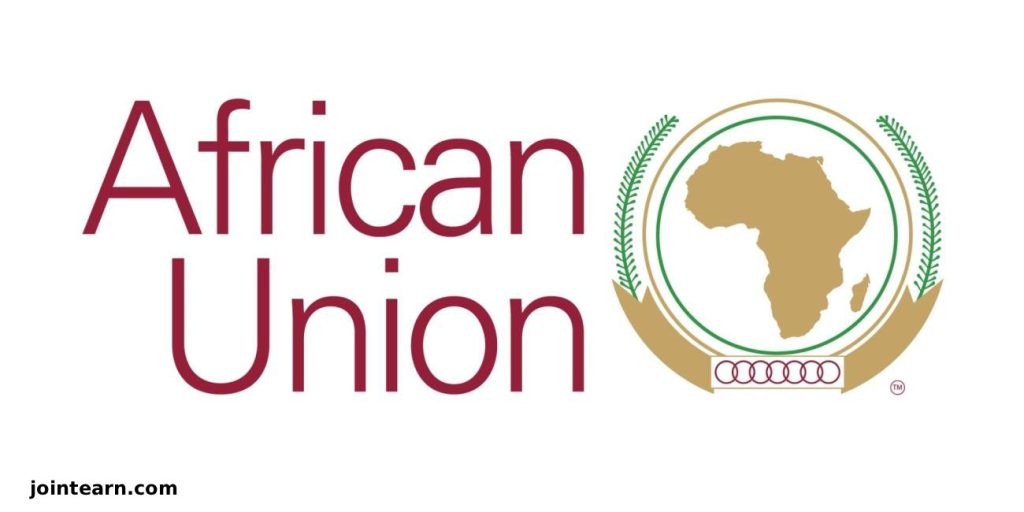
The African Union Commission (AUC) has issued a stern warning to the administration of U.S. President Donald Trump, cautioning Washington against making inflammatory remarks or threats of intervention over Nigeria’s internal affairs, particularly on issues relating to religion and security.
In a statement released on Saturday via its official X handle, @_AfricanUnion, the AUC reaffirmed its “unwavering commitment” to the core principles of sovereignty, non-interference, religious freedom, and the rule of law, as enshrined in the Constitutive Act of the African Union.
AU Condemns “Unfounded Allegations” and “Unilateral Threats”
The AU said it was deeply concerned by recent statements from U.S. officials implying that the Nigerian government was complicit in the alleged targeted killings of Christians in the country’s northern region — remarks that have sparked diplomatic tension across Africa.
“The Federal Republic of Nigeria is a longstanding and valued Member State of the African Union, playing a central role in regional stability, counter-terrorism, peacekeeping, and continental integration,” the Commission stated.
It added that Nigeria’s sovereignty must be fully respected, warning that any foreign engagement should be guided strictly by diplomatic norms and multilateral consultation, not unilateral threats or coercive action.
“The AUC fully respects Nigeria’s sovereign right to manage its internal affairs, including those relating to security, religious freedom, and human rights. Any external engagement must uphold Nigeria’s sovereignty, territorial integrity, and unity,” the statement read.
AU Supports Nigeria’s Position on Religious Freedom
The African Union echoed the Nigerian government’s position that the country’s Constitution guarantees freedom of religion and belief, insisting that the government “rejects all forms of religious persecution.”
Acknowledging Nigeria’s complex and multi-dimensional security challenges, the AU noted that violent extremist groups, bandits, and communal militias have attacked citizens of all faiths.
“Nigeria faces complex security challenges affecting citizens of all faiths, including violent extremism, banditry, communal violence, and resource-based conflicts. The Commission calls for cooperation and understanding, not oversimplification,” it said.
“Don’t Weaponise Religion,” AU Tells U.S.
In what appeared to be a direct rebuke to the Trump administration, the AUC cautioned against the use of divisive or faith-based narratives that could further inflame tensions within Nigeria or the broader West African region.
“The AUC rejects any narrative that weaponises religion or oversimplifies security challenges. Conflating all violence with a single religious-target narrative may hinder effective solutions and destabilize communities,” the statement warned.
The Union stressed that inflammatory rhetoric could undermine peacebuilding efforts, escalate religious suspicion, and derail ongoing counter-terrorism operations in the Sahel and Lake Chad Basin.
AU Calls for Diplomacy, Not Threats
The statement urged Washington and other external actors to pursue diplomatic dialogue, intelligence-sharing, and capacity-building partnerships with African states, rather than unilateral threats of military intervention.
“The AUC urges external partners, including the United States, to engage Nigeria through diplomatic dialogue and constructive cooperation, while respecting its sovereignty. Unilateral military threats risk undermining continental peace, regional stability, and AU norms for peaceful conflict resolution,” it added.
“African Solutions to African Problems”
Reaffirming its long-standing doctrine of “African solutions to African problems,” the AU said it remains ready to assist Nigeria through its existing peace and security frameworks, mediation structures, and capacity-building programs.
The statement concluded:
“The Commission reiterates its readiness to support Nigeria and other Member States through the AU’s peace and security architecture, in full respect of national sovereignty and African-led conflict resolution principles.”
In recent weeks, President Trump’s administration has made controversial claims accusing Nigeria’s government of “turning a blind eye” to the alleged persecution of Christians. The comments have provoked sharp criticism from several African leaders, who see them as an attempt to exploit religion for political leverage and undermine Nigeria’s image internationally.


Leave a Reply